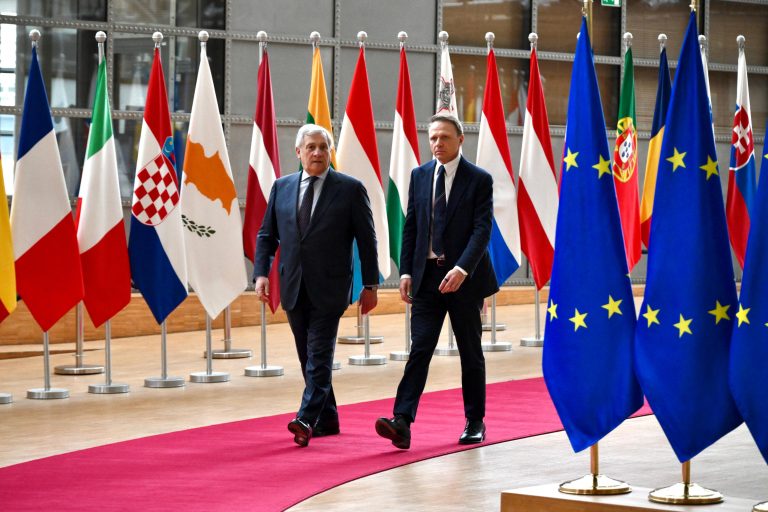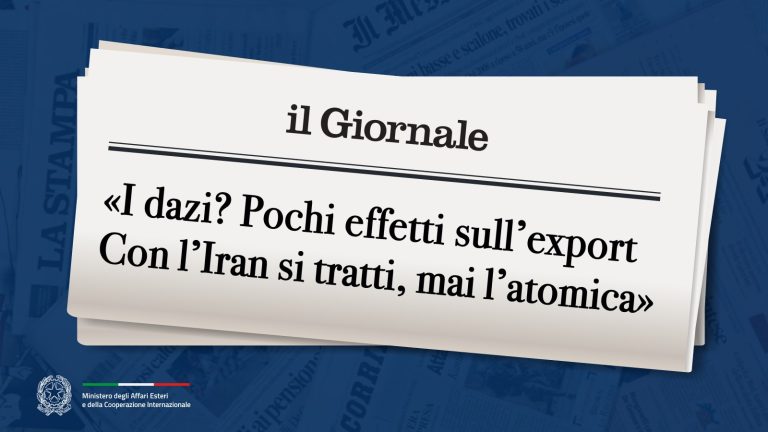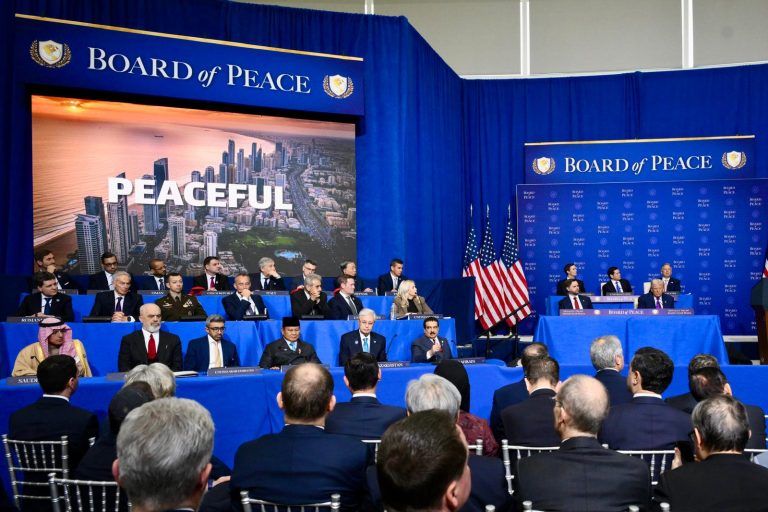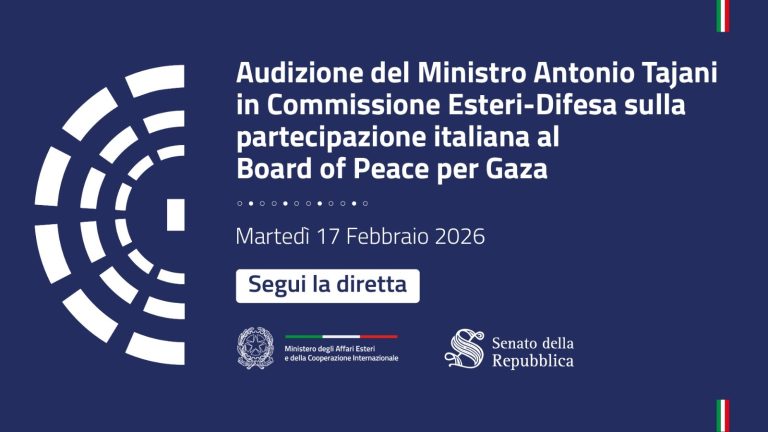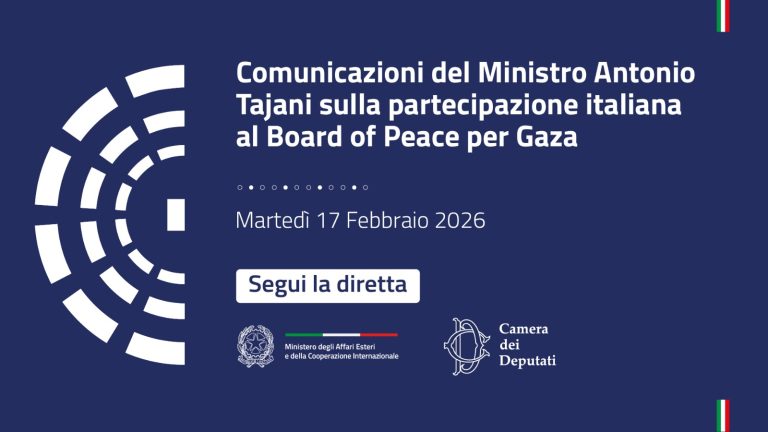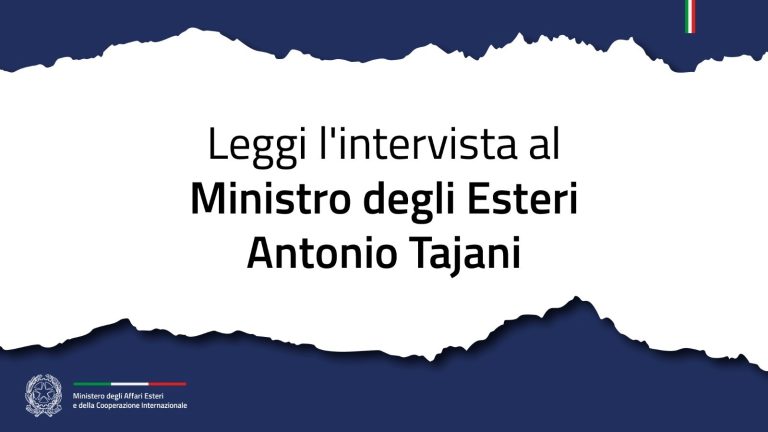Following an initial day of closed-door meetings, the 11th edition of the Mediterranean Dialogues officially opens today. The annual initiative, organised by the Italian Ministry of Foreign Affairs and International Cooperation (the Farnesina) in partnership with the Italian Institute for International Political Studies (ISPI), has reaffirmed its role as a leading international forum dedicated to public diplomacy and dialogue on strategic issues affecting the Mediterranean region.
For the first time, the event is being held at the Royal Palace of Naples. This year’s edition also forms part of the celebrations marking the 2,500th anniversary of the city and includes more than fifty working sessions.
The conference will officially open at 2:30 p.m. with a message from the President of the Republic, Sergio Mattarella, followed by remarks from the Deputy Prime Minister and Minister of Foreign Affairs and International Cooperation, Antonio Tajani, and the President of ISPI, Franco Bruni.
After the opening session, Minister Tajani will participate in the panel “The New Middle East” together with the Foreign Ministers of Palestine and Iraq.
He will then join the Ministers and Deputy Ministers of Albania, Bosnia and Herzegovina, Croatia, Montenegro, North Macedonia and Slovenia for the panel “Repowering International Diplomacy: the Role of the Adriatic–Balkan Region”.
“Italy views the Mediterranean and the Middle East as a broad, shared area—one that we wish to see characterised by peace, stability and shared prosperity. We intend to fully assume our responsibilities as a Mediterranean and global actor, and to be builders of peace,” declared Minister Tajani.
Security, prosperity, the human dimension and culture constitute the four thematic pillars of this year’s Mediterranean Dialogues. In addition to topics such as maritime security, the concept of a “Global Mediterranean”, and developments in the Gulf and the Sahel, specific sessions will focus on Palestine, Syria, Iran, Israel and the role of the United States in the region.
Energy, transport, connectivity, industry, artificial intelligence and human capital—with particular attention to the IMEC project—will feature under the prosperity pillar, while issues such as water resource management, Lebanon’s recovery and prospects for Iraq’s social development will be addressed within the human dimension.


